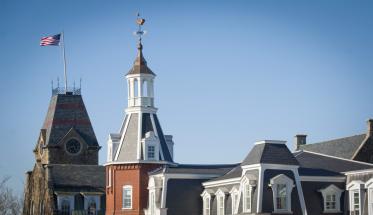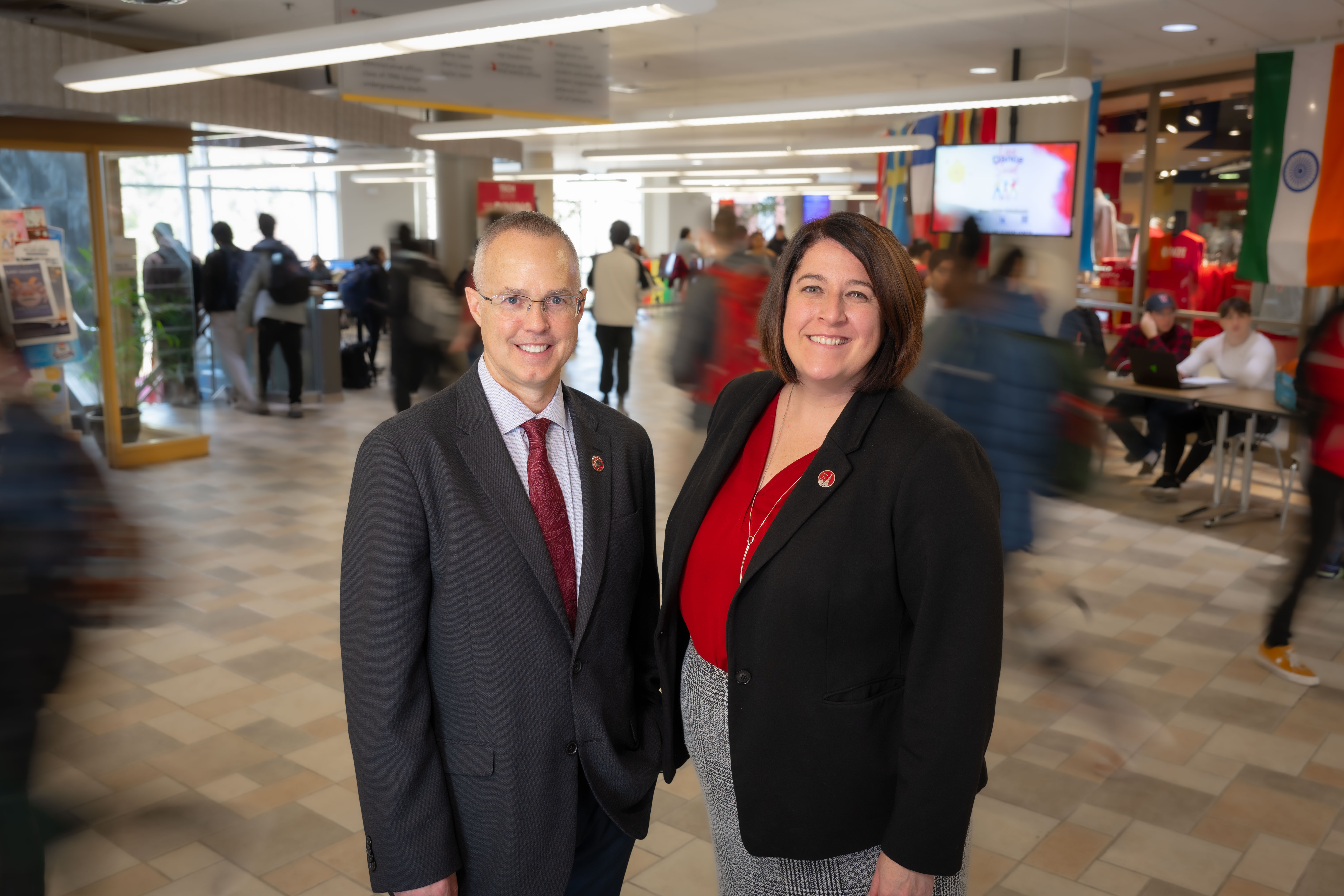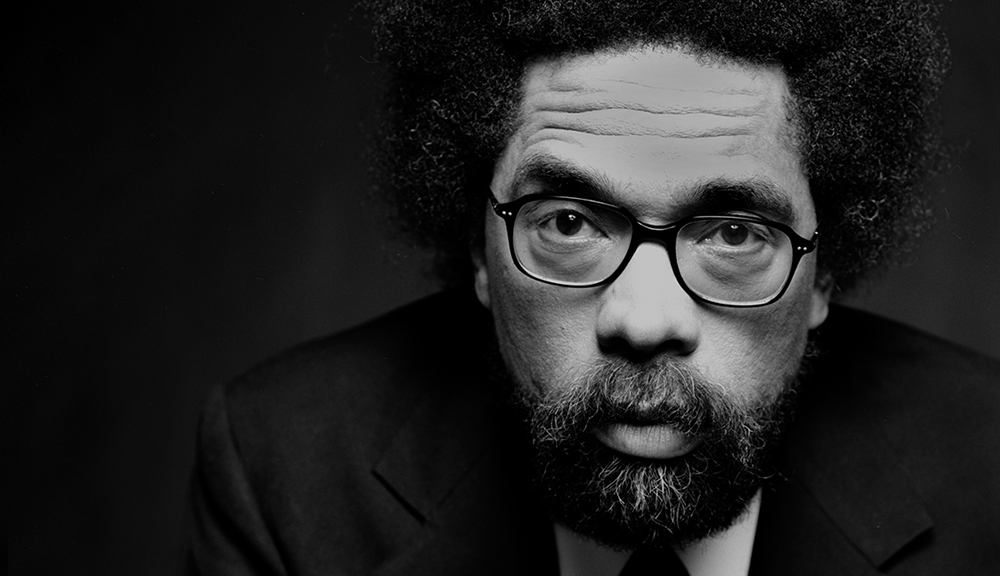WPI has joined with 30 colleges and universities across the nation—including Harvard, MIT, Johns Hopkins, Stanford, and the University of Southern California—in filing an amicus brief in federal court stating opposition to President Trump’s Executive Order prohibiting refugees and travelers from six primarily Muslim countries from entering the U.S.
An earlier executive order signed by President Trump in January banning individuals from seven primarily Muslim nations from entering the U.S. temporarily prevented numerous students and faculty around the world from entering the U.S., including two WPI students. That order was restrained nationwide by a court order in Seattle.
Then, on March 6, the President issued an amended executive order with some language changes, and eliminating Iraq from the travel ban, reducing the number of affected nations to six.

David Bunis
Lawsuits were filed in opposition to that second executive order, including in Hawaii, where a federal judge issued an injunction, curtailing enforcement of the order nationwide. Around the same time, litigation challenging the executive order was filed in Maryland, and a judge there also issued a nationwide order enjoining enforcement of the Executive Order. The government is appealing that ruling through the United States Court of Appeals for the Fourth Circuit, arguing that the federal government should be permitted to enforce the Executive Order.
The new amicus brief was filed in the Fourth Circuit case. WPI general counsel David Bunis points out that currently there is no impact on WPI students or families, but that is subject to change pending court rulings that could happen between now and graduation.
“We are very actively monitoring the situation and through this amicus brief, very actively trying to influence the outcome of those cases in a way that will allow our students, and students from around the world, to continue to be enrolled in American universities and take advantage of the opportunity to support the university’s mission; to make scientific discoveries, to cure diseases and contribute to the world’s knowledge,” Bunis explains. “That’s our mission. We’re doing what we can in a very active way to influence the outcome of these cases.
“President Leshin feels strongly that we should be doing everything we can to protect the students, faculty, and postdocs on our campus who would be adversely affected by this executive order. Even more, we are actively working with our sister institutions to try to make sure that no student, no matter which university they attend, is adversely affected by this order.”
WPI senior vice president Kristin Tichenor says that while the amicus brief may help put a temporary hold on the travel ban, WPI’s larger concern is the impact of the Executive Order on current and prospective students.

Kristin Tichenor
“The [proposed] ban discourages international students from pursuing their education in the U.S., as many fear future restrictions, which could make it difficult to travel back and forth or even complete their degrees,” Tichenor says. “In addition, many come to study in the U.S. hoping eventually to work here as well. Given the nature of the pending legislation, it is possible that those work visas may be subject to restrictions in the future.
“As an institution long committed to global education, our faculty, our students, and our alumni know firsthand that interactions with other cultures can be life-changing. They are an integral part of the learning experience and help us develop a better appreciation of ourselves and how our technical talents can help make the world a better place. Losing that global perspective would significantly diminish the value of a WPI education for all concerned.”
An amicus brief is filed with the intention of advising the court on policy matters at issue in the litigation, Bunis says. It is not filed by or on behalf of the litigants, but by individuals or institutions who are “friends of the court,” who can advise the court from the perspective of a non-litigant, generally about policy matters that are at issue in the litigation and about which the amici have some interest, and want to advise the court of their interest, he explains.
“This is a group of the world’s leading colleges and universities who are taking a strong stand against the enforcement of the Executive Order, restricting immigration from six primarily Muslim nations,” Bunis says. “We’re concerned about the impact of the executive order on our mission, and this is one of the few ways in which a university can take a strong stand on an important issue of public policy. The voice of WPI is amplified by working together with our sister institutions from around the country.”
In the brief, the colleges and universities argue that their missions and reach are global, that they educate, employ, conduct research, and collaborate with students, faculty, and scholars from all over the world—individuals who speak different languages, practice different religions, and have wide-ranging life experiences that illuminate amici’s campuses and support their academic missions. “These individuals make significant contributions to their fields of study and to campus life by bringing their unique perspectives and talents to amici’s classrooms, laboratories, and performance spaces,” the brief states in part.
“We are very actively monitoring the situation and through this amicus brief, very actively trying to influence the outcome of those cases in a way that will allow our students, and students from around the world, to continue to be enrolled in American universities and take advantage of the opportunity to support the university’s mission; to make scientific discoveries, to cure diseases and contribute to the world’s knowledge.” -David Bunis
By studying in the United States, these students gain a greater understanding of, and appreciation for the values Americans hold dear, including democratic principles and respect for the rule of law, tolerance, and human rights, which they may then bring to their home countries, the brief continues.
It argues that the executive order threatens the signing institutions’ continuing ability to meet their goals of educating tomorrow’s leaders, and further threatens their ability to attract the best students, faculty, and scholars from around the world, thus directly affecting their ability to pursue their missions.
Through student visa programs, many international students, faculty, and scholars who make these campuses their homes have been thoroughly vetted by the United States using existing procedures, the brief states. And for many international students, enrollment in the university will be their first exposure to students, faculty, and scholars from other nations or who practice particular religions. “Such exposure both in and outside of the classroom enriches students’ experiences and teaches them how to collaborate across ethnic and religious differences,” it continues.
The benefits from international students, faculty, and scholars at American universities are not just economic, the brief states, pointing out that many of these individuals make significant discoveries and contributions in their fields. “Since 2000, 40 percent of all American Nobel prize winners in Chemistry, Medicine, and Physics have been immigrants—and in 2016, all six American winners of the Nobel Prize in economics and scientific fields were immigrants,” according to the amicus brief.
“That is the nature of a friend of the court, and why we are filing this brief,” Bunis says. “To try to influence the judges on the court of appeals to rule in favor of the plaintiffs and against the government. We are joining the litigants in supporting their argument that the executive order should not be enforced.”
- By Martin Luttrell



